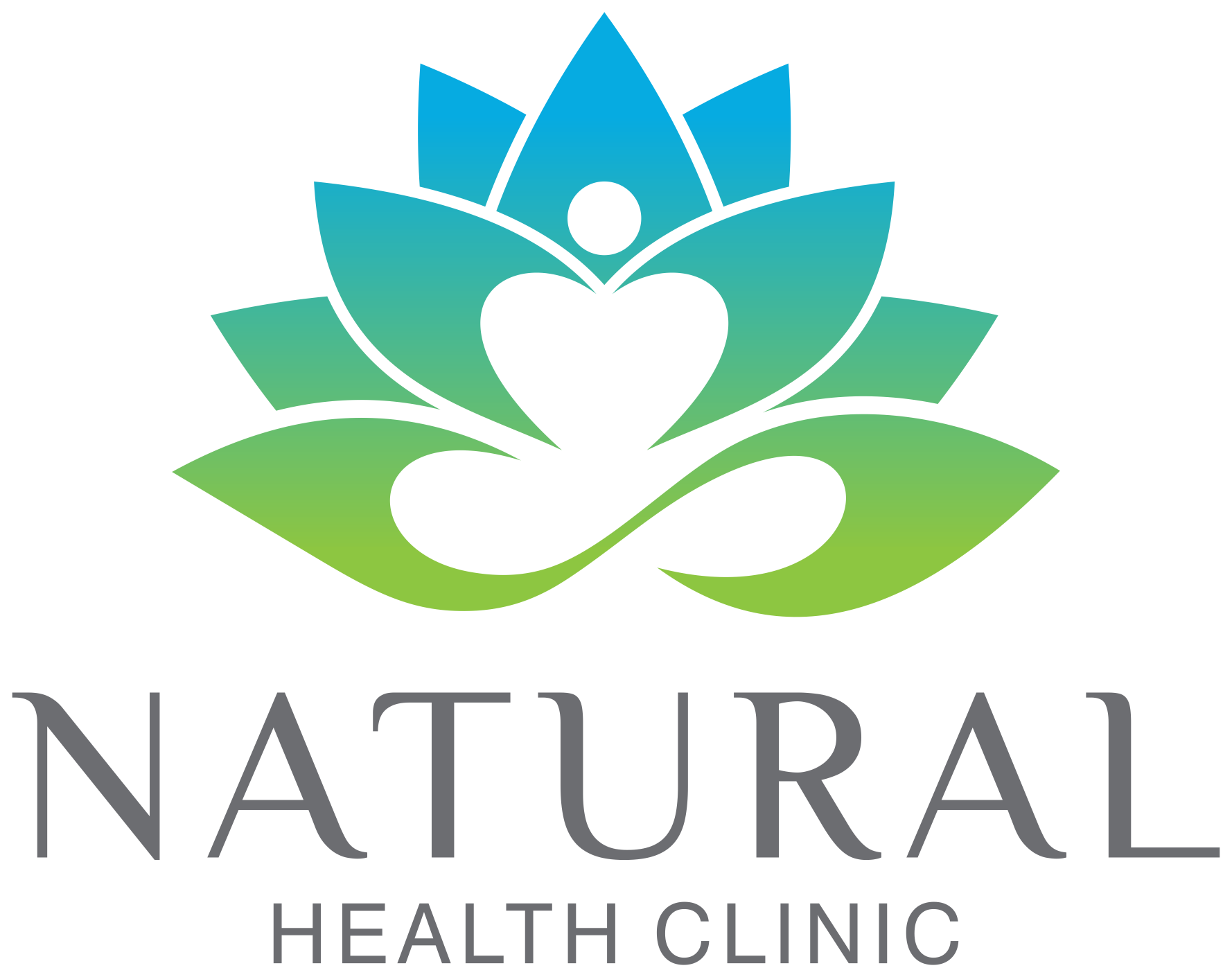What Is Acupuncture?
By Chrissy Bisson
What is acupuncture?
Part of Traditional Chinese Medicine (TCM), acupuncture is an ancient healing technique. It’s been used for millennia in the Chinese Culture as part of their medicine.
Acupuncture is most widely used to relieve pain, improve sleep, aid digestion and help emotional and mental wellbeing.
These days, acupuncture is also covered by many insurance policies. It’s well documented and publicised by The U.S. National Institutes of Health (NIH) for it’s safety and efficacy.
What conditions are commonly treated by acupuncture?
Numerous clinical studies on the benefits of acupuncture show that it can successfully help with a wide range of conditions.
These range from anxiety, depression, nausea, migraine headache, musculoskeletal problems (back pain, neck pain, and others), to insomnia and infertility.
How does acupuncture work?
Acupuncture improves the body’s functions. It promotes natural self-healing processes by stimulating specific sites on the body. These points are known as acupuncture points, or acupoints.
These points are most commonly stimulated by the insertion of fine, sterile needles into the skin.
Pressure, heat, or electrical stimulation may further enhance the effects.
Other techniques used to stimulate acupoints include, manual massage, moxibustion or heat therapy, cupping, and the application of topical herbal medicines and linaments.
Traditional Chinese Medicine is based on an ancient philosophy that describes the universe, and the body, in terms of two major opposing forces: yin and yang.
When in balance, the body is healthy and energy, called "Qi" (Chinese), “Ki” (Japanese) or “Prana” (Sanskrit) can flow along specific pathways, or meridians, throughout the body.
This energy needs to flow to keep the yin and yang forces balanced. Blockages or disruption, like water getting stuck behind a dam, can lead to pain, lack of function, or illness.
Modern research has demonstrated acupuncture’s effects on the nervous system, endocrine and immune systems, cardiovascular system, and digestive system.
By stimulating the body’s various physiological systems, acupuncture can help to resolve pain, and improve sleep, digestive function, and sense of well-being.
What happens during an acupuncture treatment?
First, your acupuncturist will ask about your health concerns.
They will then take a health history and may examine your tongue. They may also feel your pulse or perform some additional physical examinations.
To start the treatment, you lay comfortably on a table. Most people feel little to no discomfort as a series of fine needles are gently inserted.
The needles are usually left in for between five to 30 minutes. During this time, people report they feel very relaxed.
How can I find a qualified and registered TCM practitioner?
Look for a practitioner who is associated with the major UK associations to ensure they are well trained and qualified.
The British Acupuncture Council (BAcC)
The Association of Traditional Chinese Medicine and Acupuncture (ATCM)
The Register of Chinese Herbal Medicine (RCHM)
How many treatments will I need?
The frequency and number of treatments will differ from person to person.
For complex or long-standing chronic conditions, one to two treatments per week for several months may be recommended.
For acute problems, fewer visits are usually required. Perhaps eight to ten visits in total.
An individualised treatment plan that includes the expected number of treatments will be discussed during your initial visit.
How much does acupuncture cost?
The price for acupuncture at Jing Shen TCM is £75 for the first session and £65 per subsequent session.
Package discounts are also available.
To schedule an appointment, contact Christina Bisson:
Mobile: 07530 298 450
E-Mail: jingshenguernsey@gmail.com
Facebook Page: www.facebook.com/jingshentcm
